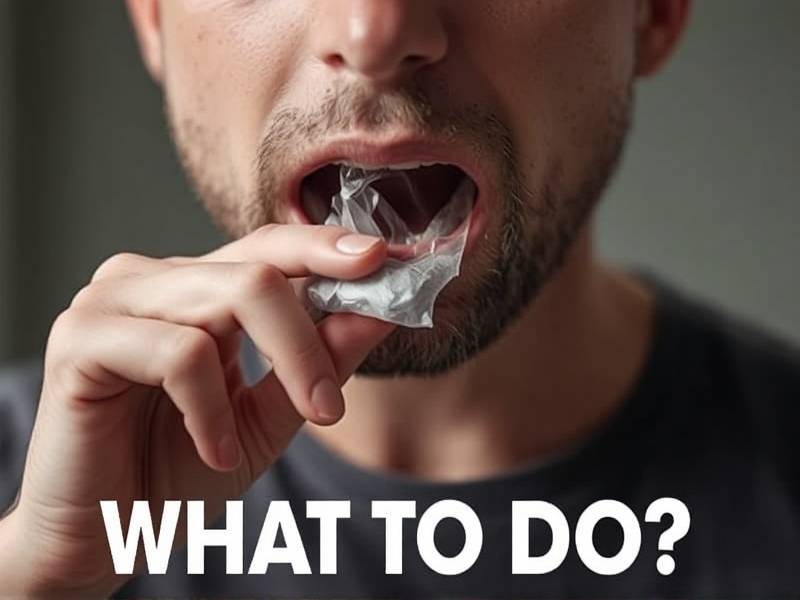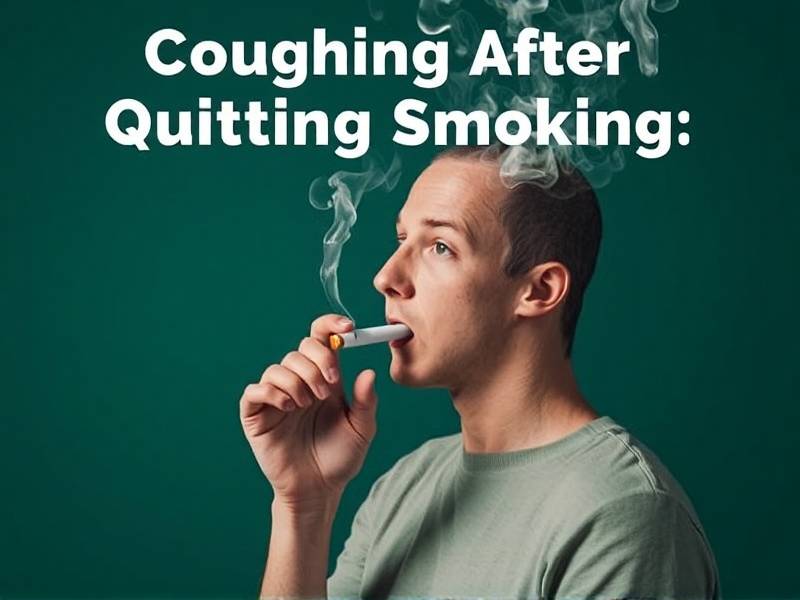Coughing After Quitting Smoking: What to Do?
Coughing After Quitting Smoking: What to Do?
Introduction: Quitting smoking is a significant step towards improving your health, but it can come with unexpected challenges. One of the most common symptoms experienced after quitting is coughing. This article will explore why coughing occurs after quitting smoking and provide practical tips on how to manage it effectively.
Understanding the Cough

-
Coughing as a Detoxification Process When you quit smoking, your body starts to heal and remove the accumulated toxins from your lungs. One of the ways it does this is through coughing. The cough helps to expel mucus and debris that have been trapped in the lungs due to smoking.
-
The Role of Nicotine Withdrawal Nicotine withdrawal can also contribute to increased coughing. Without nicotine, your body's respiratory system may become more sensitive, leading to an increase in cough reflexes.
What You Can Do
-
Stay Hydrated Drinking plenty of water can help thin out mucus, making it easier for your body to expel it. Aim for at least eight glasses a day.
-
Use Saline Nasal Sprays Saline nasal sprays can help keep your nasal passages moist and reduce irritation that can lead to coughing.

-
Gargle with Warm Salt Water Gargling with warm salt water can help soothe a sore throat and reduce mucus production.
-
Avoid Irritants Avoid exposure to cigarette smoke, dust, pollen, and other irritants that can exacerbate your cough.
-
Exercise Regularly Regular exercise can improve lung function and help clear out trapped mucus in the lungs.
-
Consider Over-the-Counter Remedies Over-the-counter remedies such as cough drops or lozenges can provide temporary relief for a dry or sore throat.
-
Seek Professional Advice If your cough persists or becomes severe, consult a healthcare professional for advice on appropriate treatments.
Conclusion: Coughing after quitting smoking is a common symptom that usually resolves within a few weeks or months as your body heals from years of smoking damage. By staying hydrated, avoiding irritants, and seeking professional advice when necessary, you can manage this symptom effectively and continue on your journey towards a smoke-free life. Remember that every step you take towards quitting is a step towards better health and well-being.
